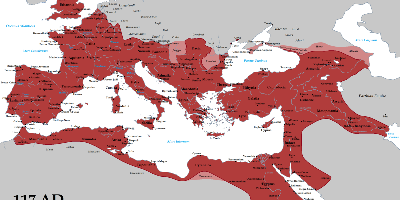Enlightenment (1 janv. 1600 – 1 janv. 1800)
Description:
The Age of Enlightenment (also known as the Age of Reason or simply the Enlightenment) was an intellectual and philosophical movement that dominated the world of ideas in Europe during the 17th to 19th centuries.The Enlightenment emerged out of a European intellectual and scholarly movement known as Renaissance humanism. Some consider the publication of Isaac Newton's Principia Mathematica in 1687 as the first major enlightenment work. French historians traditionally date the Enlightenment from 1715 to 1789, from the death of Louis XIV of France until the outbreak of the French Revolution that ended the Ancien Regime. Most end it with the beginning of the 19th century. Philosophers and scientists of the period widely circulated their ideas through meetings at scientific academies, Masonic lodges, literary salons, coffeehouses and in printed books, journals, and pamphlets. The ideas of the Enlightenment undermined the authority of the monarchy and the Church and paved the way for the political revolutions of the 18th and 19th centuries. A variety of 19th-century movements, including liberalism and neoclassicism, trace their intellectual heritage to the Enlightenment.
The Enlightenment included a range of ideas centered on the sovereignty of reason and the evidence of the senses as the primary sources of knowledge and advanced ideals such as liberty, progress, toleration, fraternity, constitutional government and separation of church and state. In France, the central doctrines of the Enlightenment philosophers were individual liberty and religious tolerance, in opposition to an absolute monarchy and the fixed dogmas of the Catholic Church. The Enlightenment was marked by an emphasis on the scientific method and reductionism, along with increased questioning of religious orthodoxy—an attitude captured by Immanuel Kant's essay Answering the Question: What is Enlightenment, where the phrase Sapere aude (Dare to know) can be found.
Ajouté au bande de temps:
Date:
1 janv. 1600
1 janv. 1800
~ 200 years
